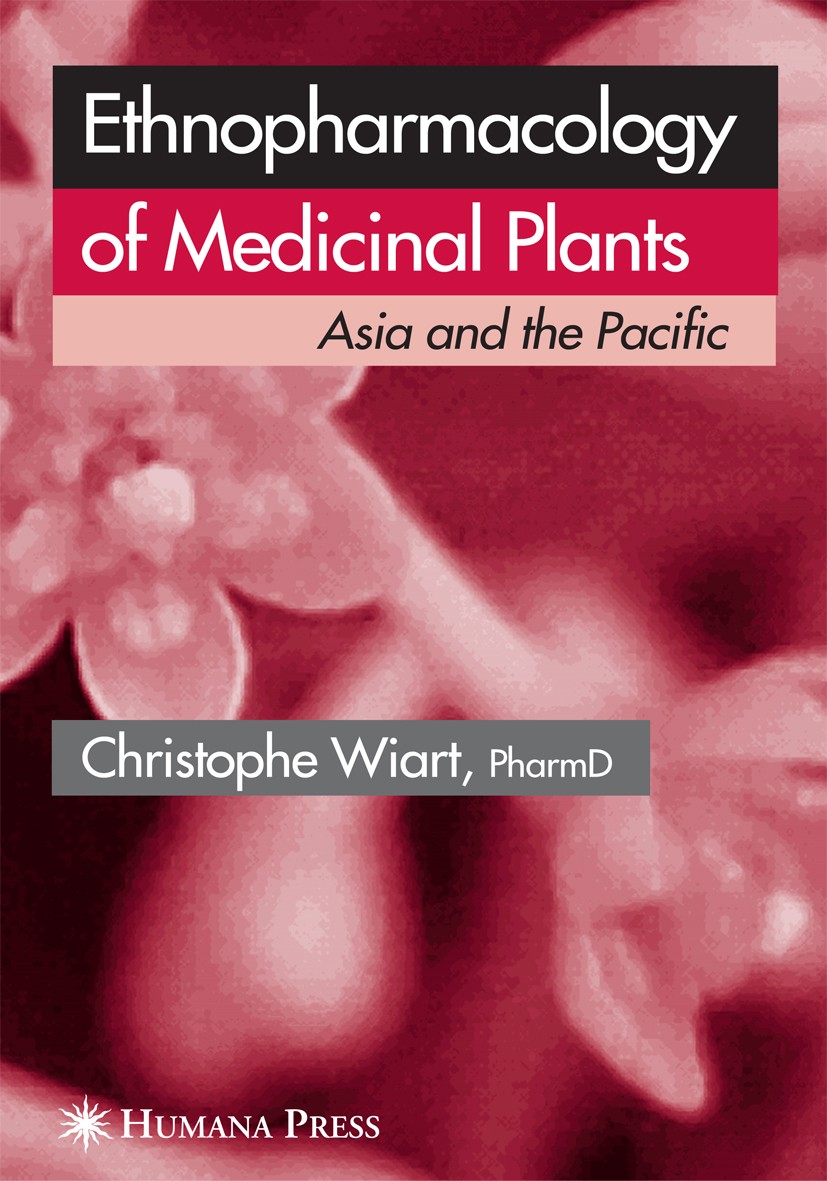| 书目名称 | Ethnopharmacology of Medicinal Plants | | 副标题 | Asia and the Pacific | | 编辑 | Christophe Wiart | | 视频video | http://file.papertrans.cn/317/316359/316359.mp4 | | 概述 | Includes supplementary material: | | 图书封面 |  | | 描述 | In 1860, Oliver Wendell Holmes pointedly expressed himself to the Massachusetts Medical Society: “I firmly believe that if the whole Material Medica, as now used, could be sunk to the bottom of the sea, it would be all the better for mankind, and all the worst for the fishes.” Should one think the same about the current approach in drug discovery from plants? Probably yes. Despite the spending of billions of US dollars, and three decades of efforts, high-throughput screenings have only allowed the discovery of a couple of drugs. One could have reasonably expected the discovery of an arsenal of drugs from the millions of plant extracts randomly tested, but “hits” can be inactive in vitro or too toxic, some molecules need to be metabolized first to be active, and false-positive and false-negative results are common. The bitter truth is that the robotic approach in discovering drugs from plants has proven, to date, its inability to excavate the hundreds of molecules that will contribute to the health progress of Man. However, one can reasonably see that the last patches of primary rainforest on earth hold still hundreds of spectacularly active drugs that await discovery. | | 出版日期 | Book 2007 | | 关键词 | CNS; cancer; chemotherapy; dopamine; drug; drug discovery; drugs; future; inflammation; pharmacology; pharmacy | | 版次 | 1 | | doi | https://doi.org/10.1007/978-1-59745-160-4 | | isbn_softcover | 978-1-61737-755-6 | | isbn_ebook | 978-1-59745-160-4 | | copyright | Humana Press 2007 |
The information of publication is updating

|
|
 |Archiver|手机版|小黑屋|
派博传思国际
( 京公网安备110108008328)
GMT+8, 2025-12-31 08:08
|Archiver|手机版|小黑屋|
派博传思国际
( 京公网安备110108008328)
GMT+8, 2025-12-31 08:08


